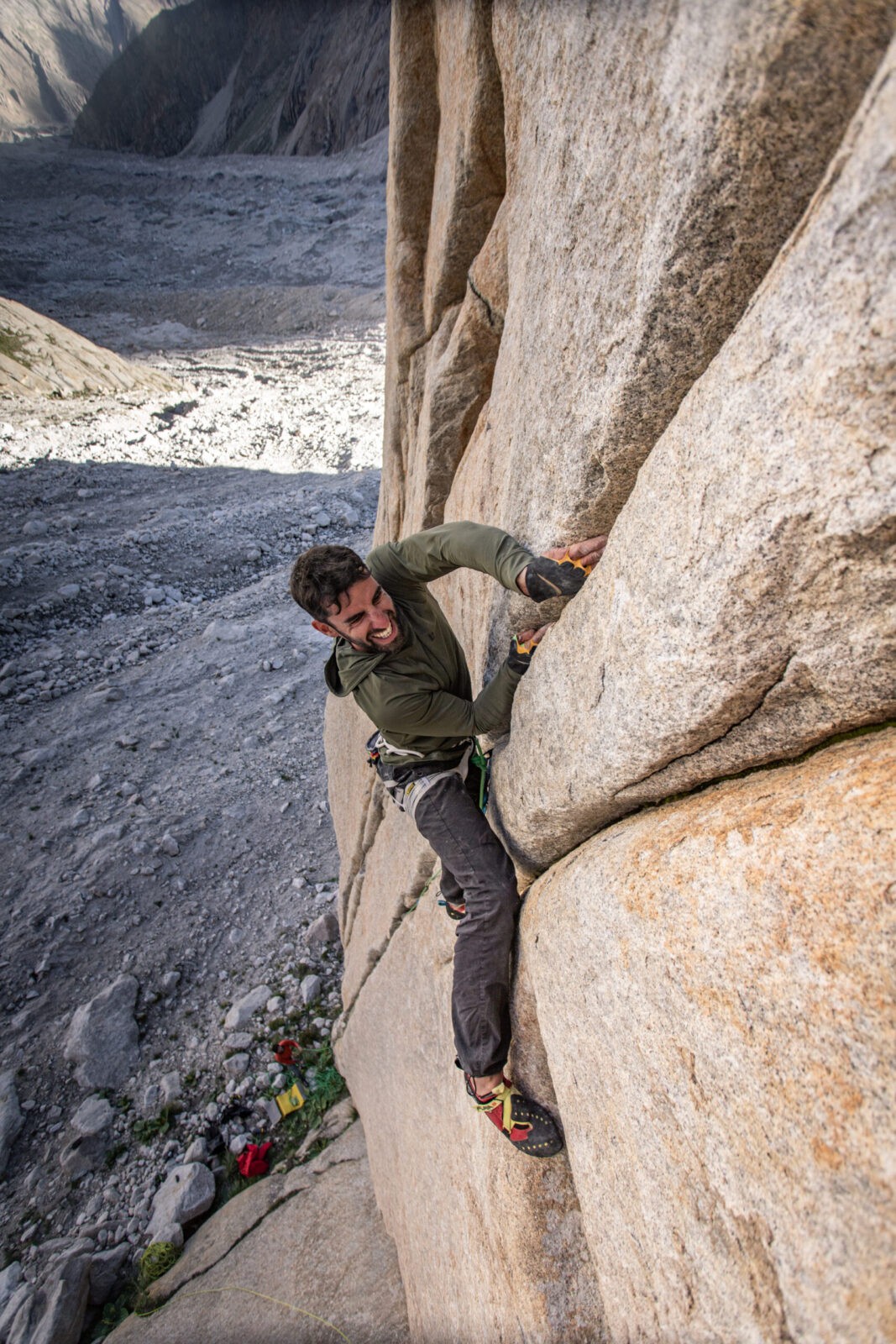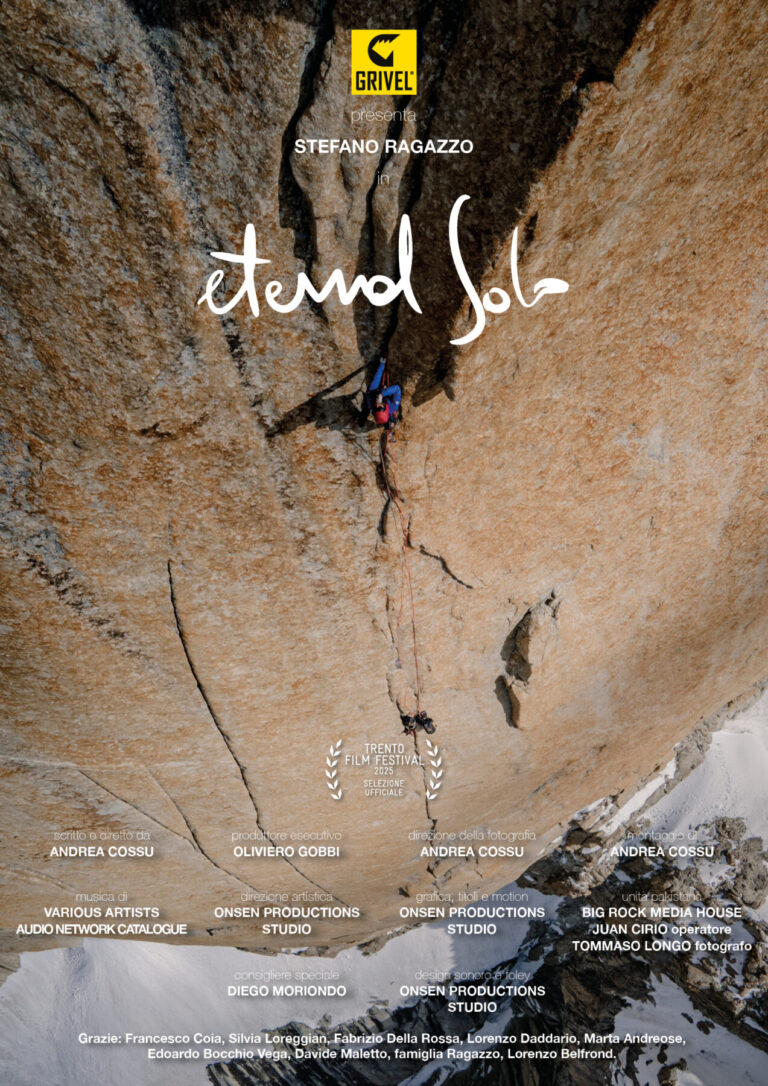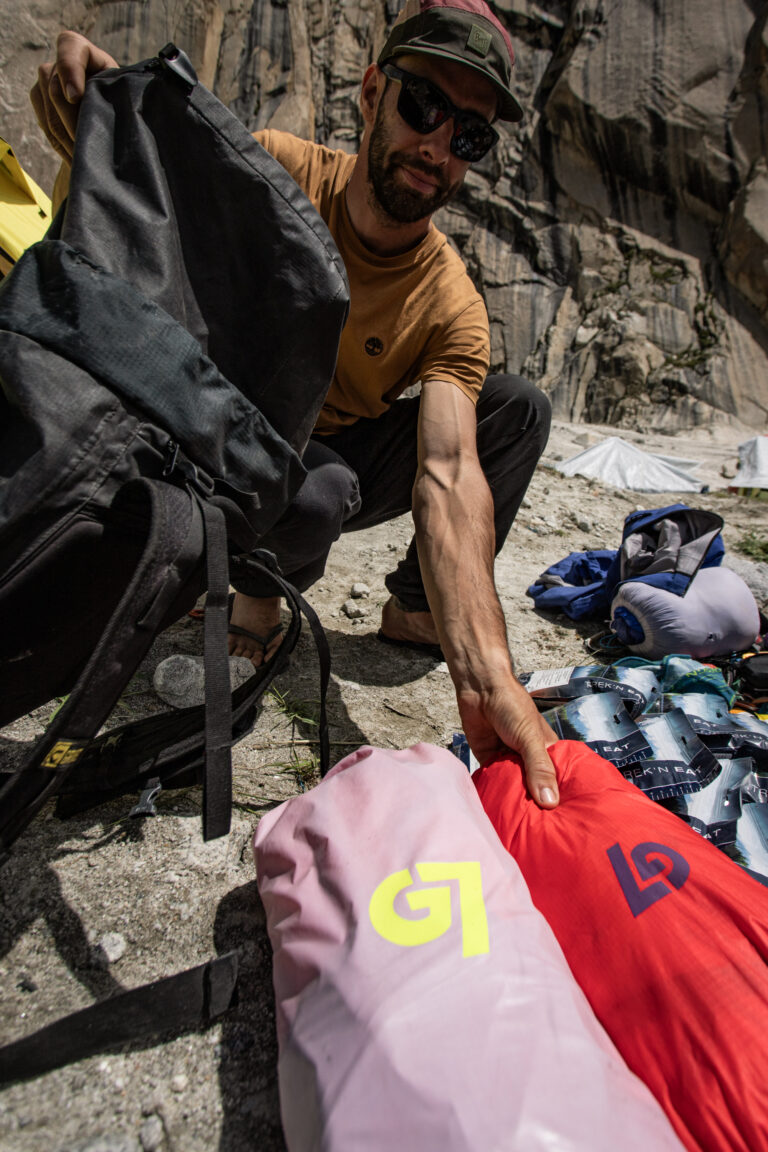Alpinism is not just about physical endurance—it’s a test of mental strength, resilience, and focus. Every climber faces moments of doubt, exhaustion, and fear, but what separates the great alpinists from the rest is their ability to push past these barriers.
Embracing Discomfort
The mountains are unpredictable. Harsh weather, technical challenges, and fatigue will constantly push you to your limits. Instead of resisting discomfort, alpinists learn to embrace it. Training in adverse conditions, practicing controlled breathing, and developing mental strategies can prepare you to handle high-stress situations on the mountain.
Visualization and Preparation
Many elite climbers use visualization techniques before their ascents. By mentally rehearsing the climb, including the challenges they may face, they build confidence and reduce hesitation. Physical preparation is equally important—having a solid training plan, refining your technical skills, and ensuring you’re in peak condition will help ease mental pressure.
Managing Fear and Risk
Fear is a natural part of climbing, but it should never be paralyzing. The best alpinists know how to assess risk logically rather than emotionally. They understand when to push forward and when to turn back. Developing good judgment comes with experience, proper mentorship, and a deep understanding of your own limits.
Conclusion
Mastering the mental game is just as crucial as physical conditioning in alpinism. Training your mind, building resilience, and managing fear can make all the difference between success and failure in the mountains. The next time you prepare for a climb, remember that your greatest tool isn’t just your gear—it’s your mindset.











